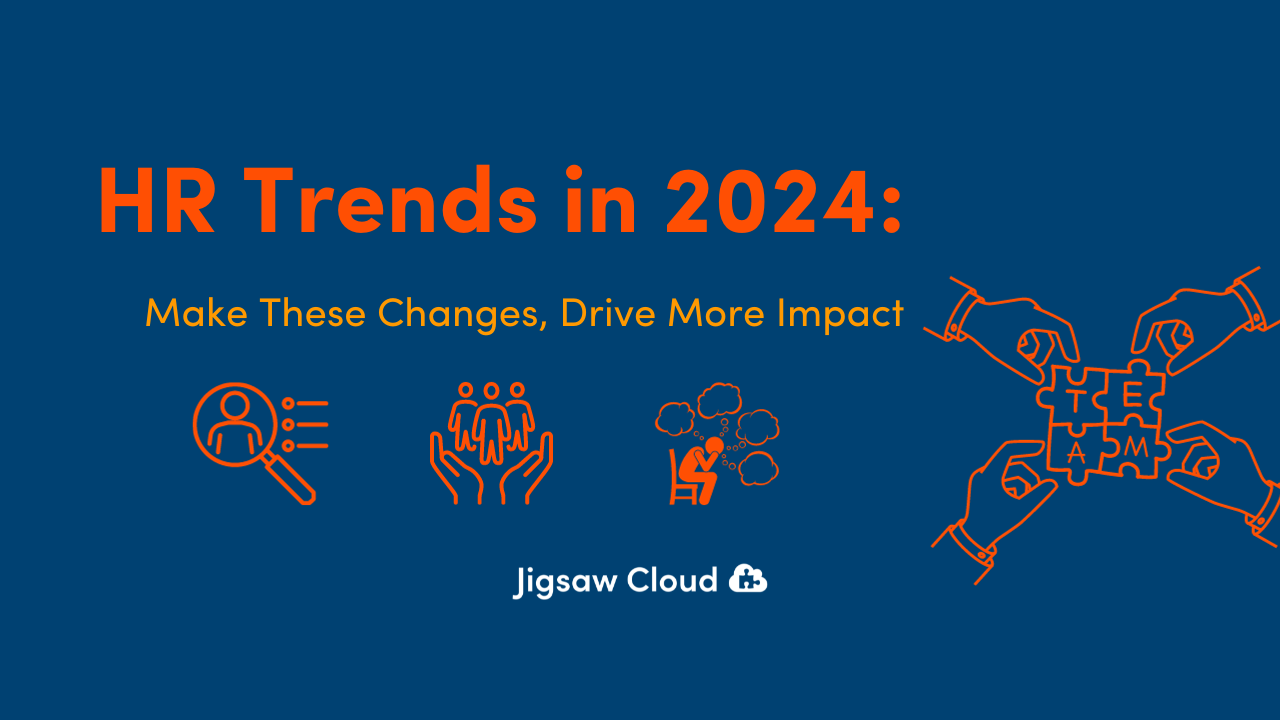
Now that businesses are starting to recover from the impacts of the pandemic, many are placing a new focus on their resilience to future disruption and uncertainty.
Our recent survey with HR Grapevine asked more than 200 HR professionals from a diverse range of sectors about resilience in the workplace. Unsurprisingly, the overwhelming majority (88%) believe resilience is very important in their organisation. What’s more, many HR leaders already have ideas around how they’re going to improve resilience, from improving communication to adapting working arrangements.
But it’s not always a straightforward task. There are often multiple barriers in the way to strong organisational resilience – so we’ve gathered some key tips on where you can start.
#1: Define who should be driving resilience in your organisation
Like any major organisational change, building resilience across your company relies on strong leadership – so it’s critical everyone in the business knows who’s leading the initiative.
Our research revealed 60% of HR professionals view driving resilience as an HR responsibility, and the majority also think it lies with senior management (69%) and (63%). While fewer HR professionals thought the initiative should be shared with other teams, 50% still thought of it as a line management responsibility, and 41% as an employee responsibility.
The results suggest a strong case for shared ownership between HR and other stakeholders – which is why it was promising to see that 69% of professionals feel executive leadership understands the importance of resilience, and 83% believe the same for HR.
The shared responsibility will certainly help you make a strong push towards resilience, but don’t forget to consult with your entire organisation – from managers to employees – along the way, to see what areas can be improved, and how.
#2: Identify the barriers to organisational transformation
For any business trying to boost its resilience, some form of organisational transformation will be involved – whether it’s an operational change, a shift in business objectives, or a new organisational design. That’s why it was reassuring to see that 69% of those surveyed said their organisation is planning to transform in at least one of these areas.
But transformations always involve challenges – so you’ll need to identify the barriers that stand in your way and how you can overcome them. In our survey, HR professionals suggested the top three barriers across their organisations are culture (55%), leadership mindset (52%), and workforce mindset (48%).
Of course, these barriers will be different depending on your sector and the size of your workforce. But the results do suggest a compelling case for improving communication and engagement across teams to ensure complete buy-in for your objectives.
#3: Spot the technology gaps across your workforce
When the pandemic forced employees to work from home, many businesses had to make quick changes to their technology portfolio – like securing VPNs for safe remote working, buying new equipment for team members, and investing in new communication platforms. That’s why it’s not surprising to see 43% of HR professionals claim the technology they already have in place would enable their organisation to be resilient in the face of uncertainty.
But there’s still a surprising 49% that claim their technology is only ‘somewhat’ strong enough to be resilient, and 8% say they don’t have the necessary technology. What’s more, only 16% of respondents say they’re using new or improved technology to improve resilience in their organisation.
To become truly resilient to future disruption, it’ll be critical teams have the necessary tools to adapt with short notice like they did at the start of the pandemic. If you’re unsure of where your technology gaps lie, it’s a good idea to talk to your line managers and employees to find out what tools they need now, and what technical challenges they faced during the pandemic.
Building people and organisational resilience – read our report
We’ve only just scratched the surface of what will be required to build a resilient workplace – and how HR professionals are adapting today.
Our new report takes a more in-depth look at the survey results, revealing some key insights from HR professionals across sectors like technology, engineering, financial services, and many more. You’ll also find some expert advice on how you can start improving your organisational resilience, from companies like Fujitsu Global, Clarion Housing Group, and Ella’s Kitchen.


